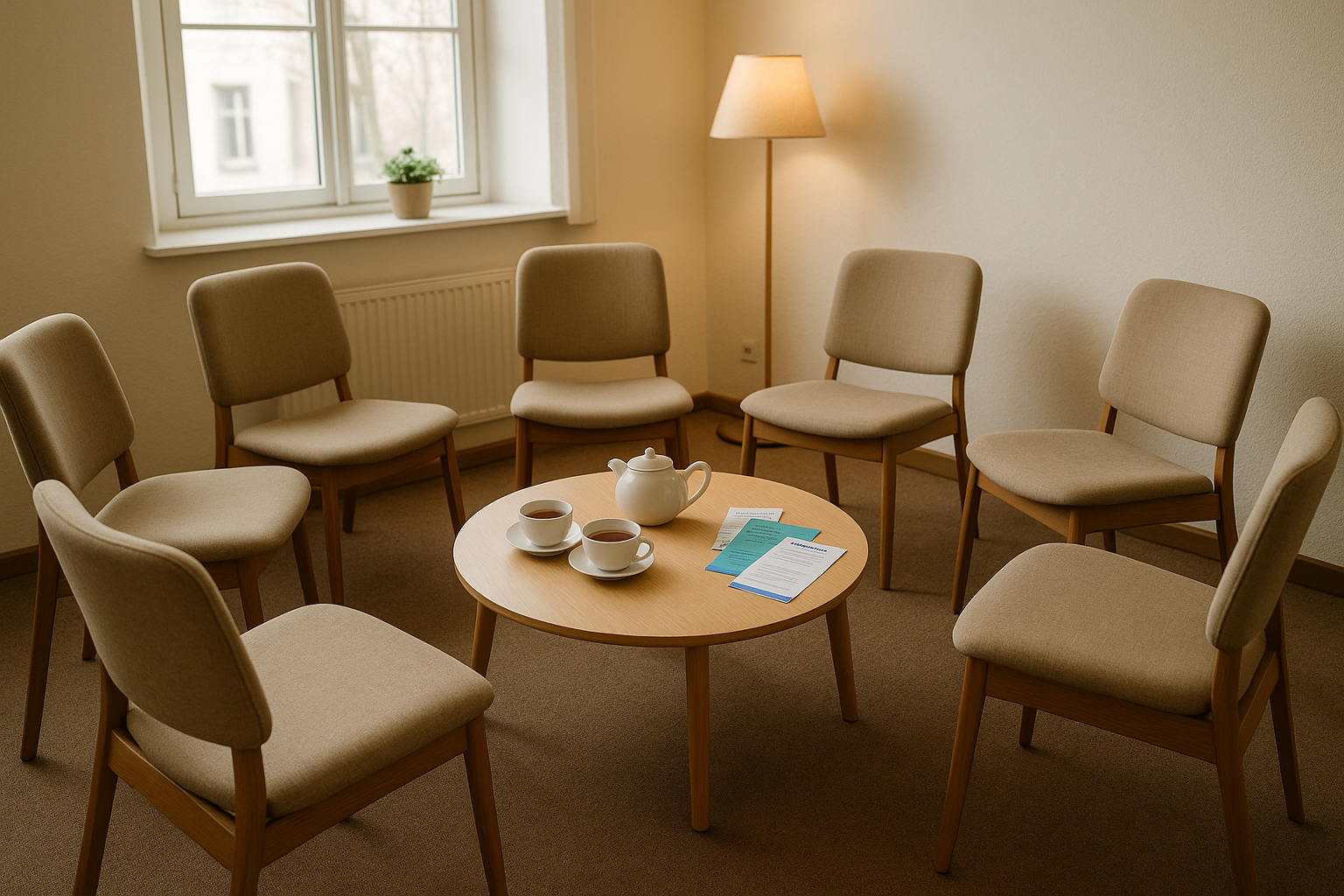Find Life-Changing Connections at Depression Support Groups Near You
Discover the transformative power of community and support by exploring depression support groups near you, where you can browse options, find invaluable connections, and embrace a path to healing and understanding.

The Importance of Support Groups for Depression
Depression support groups offer a lifeline for those struggling with mental health challenges, providing a safe space to share experiences, gain insights, and build a network of understanding individuals. These groups are crucial as they help break the isolation often associated with depression, offering a sense of belonging and validation from peers who truly understand what you're going through. By joining a support group, you can learn coping strategies, receive encouragement, and discover that you're not alone in your journey.
Types of Depression Support Groups
Support groups for depression come in various forms, each catering to different needs and preferences. Traditional in-person groups offer face-to-face interaction, which can be deeply comforting and grounding. These are typically hosted in community centers, hospitals, or mental health clinics. Online support groups, on the other hand, provide flexibility and anonymity, allowing you to connect with others from the comfort of your home. Hybrid options are also available, combining the benefits of both in-person and virtual meetings.
Benefits of Joining a Support Group
The benefits of participating in a depression support group extend beyond emotional support. Members often report improved mental health outcomes, increased self-awareness, and enhanced coping skills. Engaging with a group can also lead to better adherence to treatment plans, as the shared experiences and advice from peers can reinforce the importance of following professional guidance. Additionally, support groups can foster new friendships and social networks, which are vital components of a healthy, balanced life.
Finding the Right Group for You
When searching for a depression support group, it's essential to consider factors such as location, meeting frequency, and the group’s focus. Some groups may cater to specific populations, such as young adults, seniors, or individuals with co-occurring disorders. Start by browsing local mental health organizations or visiting websites dedicated to mental health support to see these options. Many groups offer free or low-cost participation, making them accessible to a wide audience.
Real-World Impact and Success Stories
Numerous individuals have found life-changing support through depression groups. For instance, a study published by the American Psychological Association indicates that peer support can significantly reduce symptoms of depression and anxiety1. Real-world testimonials often highlight stories of personal growth, resilience, and newfound hope, showcasing the profound impact these groups can have.
Financial Considerations and Accessibility
Most depression support groups are free of charge or ask for a nominal donation to cover basic expenses. This affordability ensures that financial constraints do not hinder access to crucial mental health support. Some organizations offer sliding scale fees or scholarships for those in need, further enhancing accessibility. It's advisable to contact the group facilitators directly to inquire about any costs or financial assistance options available.
Embarking on the journey to find the right depression support group can be a pivotal step towards healing and empowerment. By exploring the available options and connecting with others who share similar experiences, you can unlock a wealth of support and resources that can positively impact your mental health and well-being.